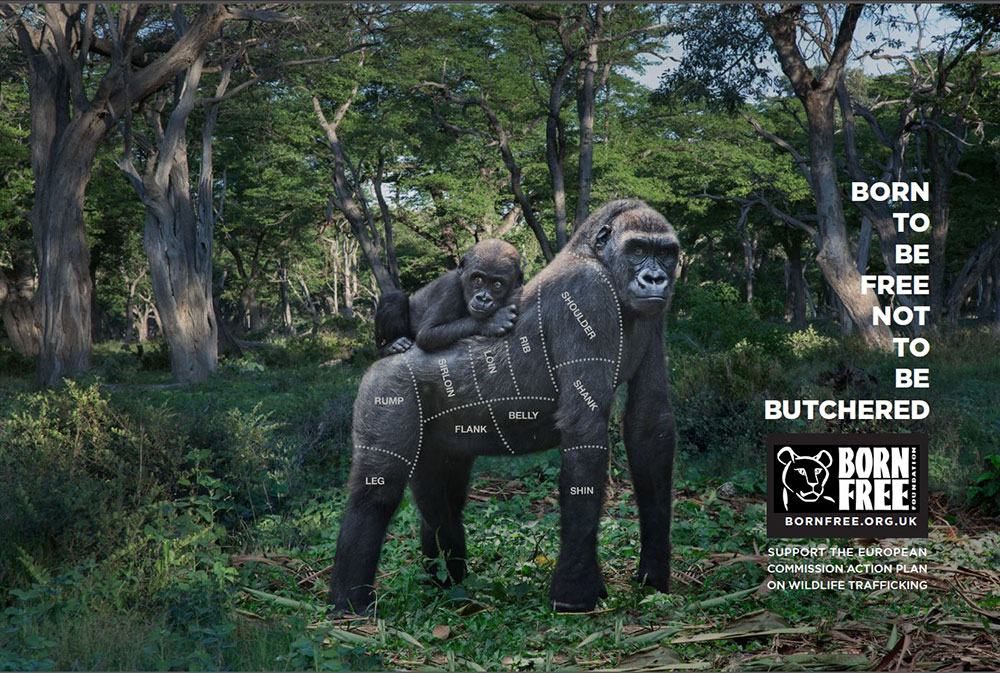Illegal Wildlife Trade
This issue touches upon two topics that are of particular concern to me, animal welfare and trade. Whilst NGOs have always championed this cause with great publicity, it is necessary that we, as politicians, do all that we can to work with them.
Wildlife crime is now the fourth largest illegal trade in the world, providing a growing source of revenue for armed and terrorist groups and pushing many species to the brink of extinction.
To give an idea of the scale, one needs only to look at ivory poaching. Since 2007 Rhino poaching has risen by more than 7,700%, this figure is not only staggering it is frankly shameful. In 2011, ivory from roughly 2,500 elephants was seized by authorities over the course of 13 arrests. The sheer scale of this crime is worthy of international response and action.
In 2016, I have been working on a report, which highlights the importance of environmental protection and conservation on the ground and underlines the role of trade policy on sustainable development and wildlife protection.
It looks at the current trends and challenges and provides recommendations to the Commission on how to make the best use of the available trade tools to implement the existing framework, touching upon key matters as international cooperation, the role of the private sector and NGOs, and the inclusion of strong sustainable development chapters in Free Trade Agreements currently being negotiated.
It will be voted on in the International Trade Committee at the end of January and then put on the plenary agenda.
In October of 2016, I welcomed a panel of panel of experts to the European Parliament to address Members of the International Trade Committee about the importance of tackling illegal wildlife trade.
This public debate marked the first time the European Parliament International Trade Committee had gathered to discuss in depth this very important topic and proved extremely useful as I moved forward with my report.
Last year, I joined ‘MEP’s for Wildlife Interest group’, which pledged to work towards ending wildlife crime, and promises to support the development and implementation of a European Action Plan to tackle the illegal wildlife trade.
This cross-party initiative aims to keep the pressure on the European Commission to propose an EU Action Plan against Wildlife Crime. It also built on the letter I and 81 other MEP’s wrote to the European Commission calling for an Action Plan against Wildlife Crime which is now the fourth largest illegal trade in the world
This builds upon my previous work in this field and brings together like-minded MEPs.
Every day countless live animals are carted across Europe for slaughtering or fattening. These animals endure over- crowding, exhaustion, dehydration, pain and stress.
That’s why I joined the campaign to support Compassion in World Farming and to stop live exports and raise aware- ness of this situation, encouraging the EU to do more.
Compassion in World Farming campaign peacefully on a global level against cruel farm animal welfare.
For more information about Compassion in World Farming, please head to www.ciwf.co.uk.
For more information and actions that you can take support this campaign please visit: http://www.bornfree.org.uk/campaigns/wildlife-trade/

